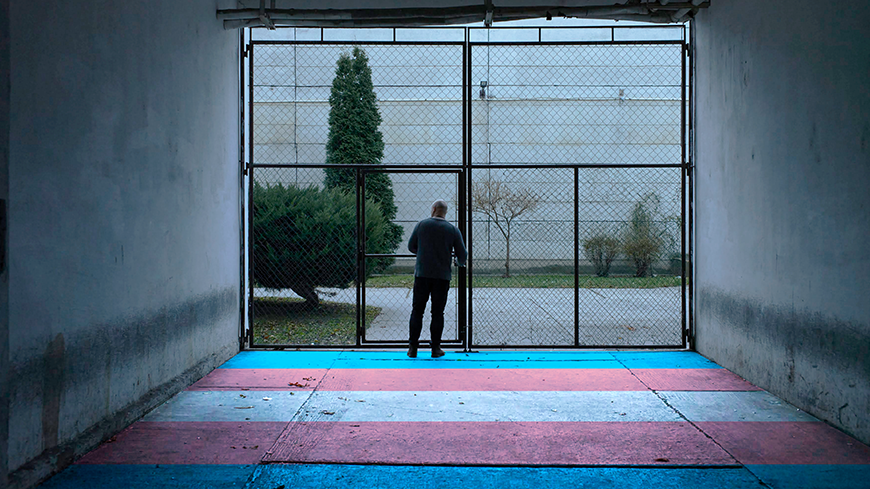The Committee underlines that this important topic is reflective of a dynamic and evolving social reality within European countries. The experience of the CPT over multiple visits is that transgender persons held in detention can be in a situation of vulnerability, at heightened risk of intimidation, bullying and abuse. It recalls that States should ensure that a full range of safeguards are in place to protect against the risk of such abuse.
The Committee shares its view that if a person self-identifies as transgender during the prison admission procedure, then this should be sufficient per se for the prison to treat the person as such in all decisions taken concerning that person.
However, in practice, transgender women prisoners are often placed in male sections of prisons, and sometimes on specific (male) segregation wings for protection for particularly vulnerable prisoners or even, sometimes, isolated. In some cases, they have been prevented from wearing women’s clothes and made to wear men’s clothes. They are often exposed to abuse, including violence, on such wings.
The placement of a transgender person in a prison section accommodating persons of a different gender from that with which they identify also inherently heightens the risk of violence and intimidation directed towards that individual. Consequently, the CPT considers that transgender persons should be accommodated in the prison section corresponding to the gender with which they identify. If, after an individualised risk assessment, there are exceptional security or other reasons to accommodate them elsewhere, those reasons should be clearly documented, and subject to regular review. There is a duty of care to ensure all persons admitted to prison are placed in a section where they are neither at risk of harm from others or pose a risk of harm to others. The report also sets out the CPT’s approach towards healthcare provision and issues of equivalence of care with the outside community, staffing and their training, and addresses the sensitive issue of how body searches should be conducted.
The CPT hopes the principles set out in the report contribute to the discussion on how best to secure the protection of transgender persons’ rights in prison. It would also welcome comments back from relevant stakeholders on this topic.
More generally, the General Report includes a comment on the CPT’s approach to the Environmental crisis. It also raises the alarm once again over the re-emergence of high levels of overcrowding in prisons and the pernicious impact this phenomenon has on their functioning. The treatment of foreign nationals in detention remains another topic which the Committee continues to follow closely.



